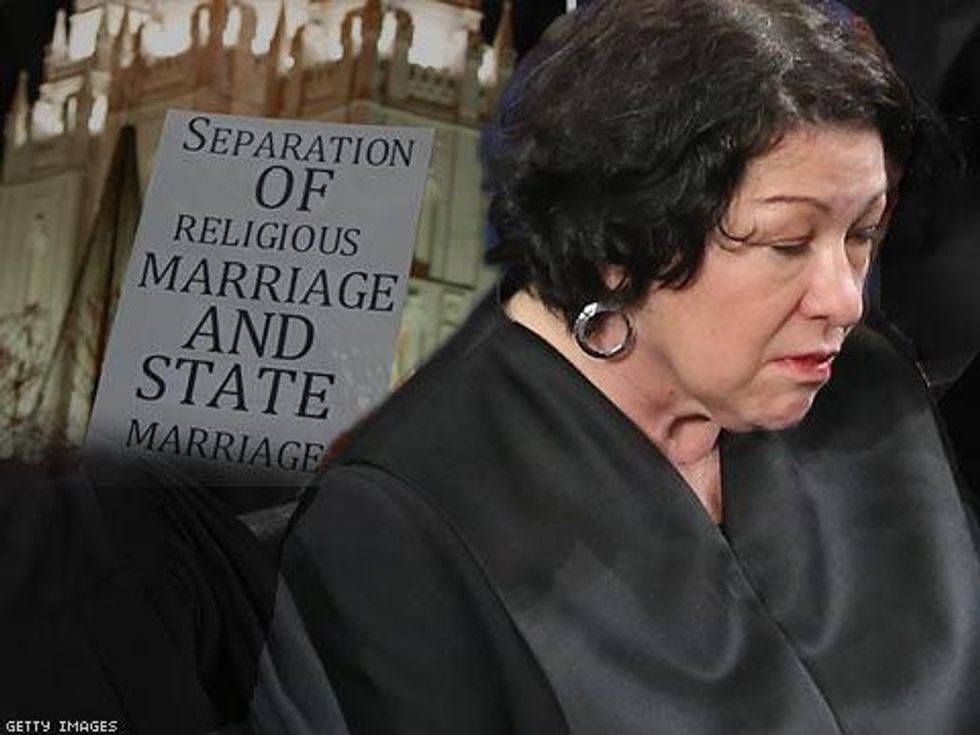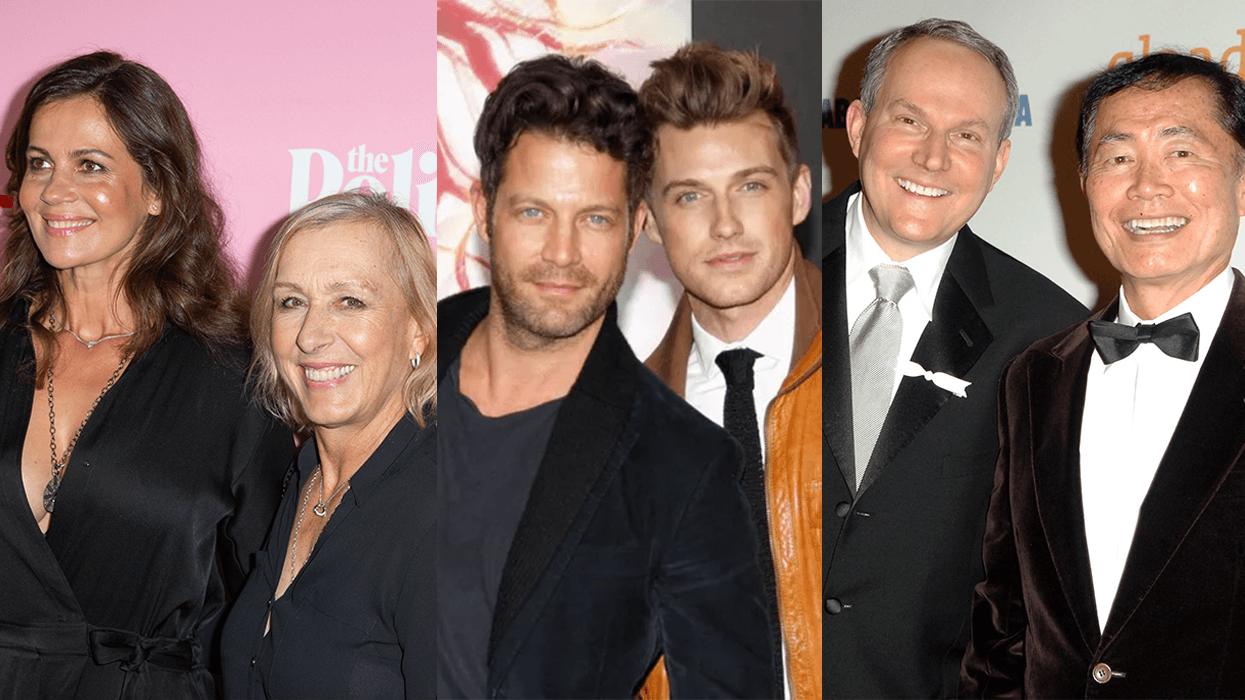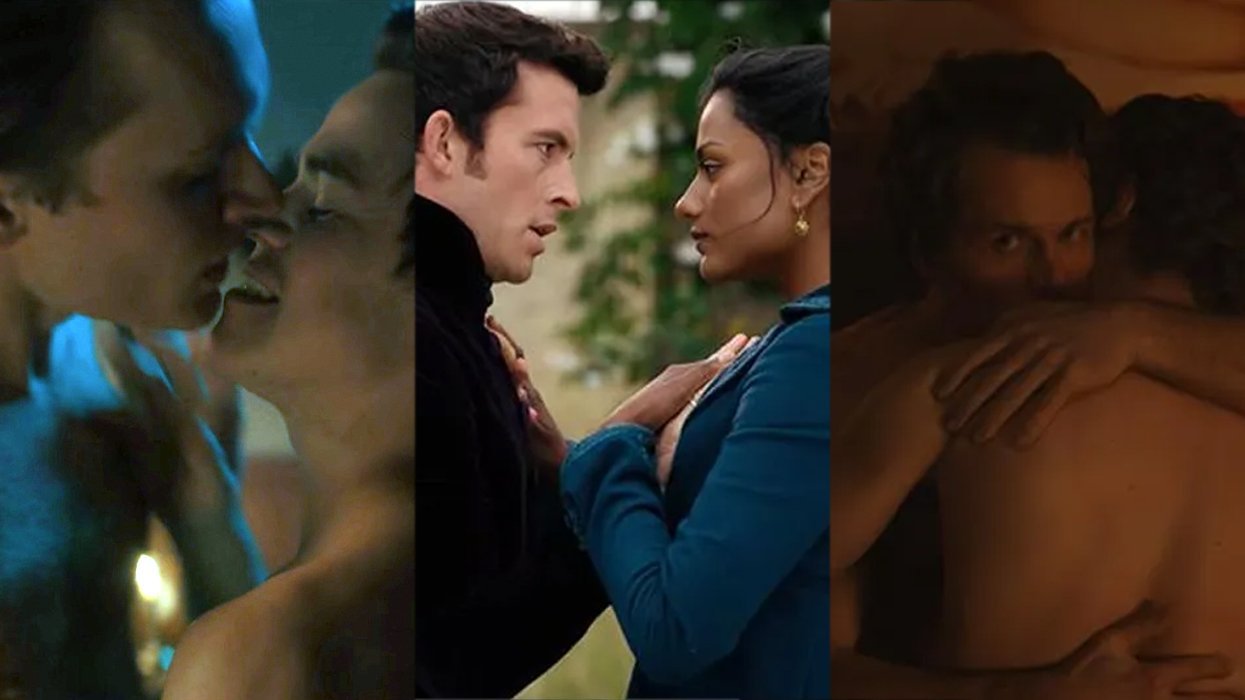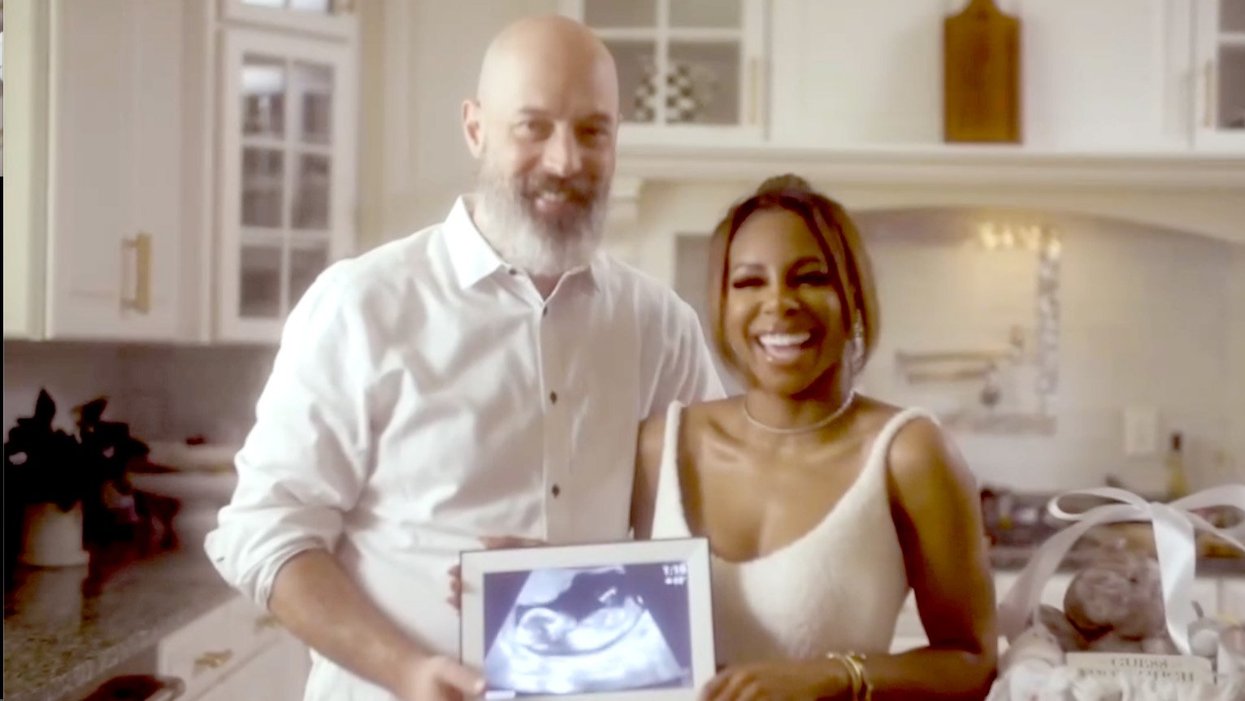When the story came over the news on Monday, lesbians and gay men throughout the U.S. had the same reaction: It couldn’t be right. The U.S. Supreme Court–with no dissensions–had halted same-sex marriages in Utah three weeks after a federal court had overturned the state’s ban on same-sex marriage.
How could the U.S. Supreme Court be halting same-sex marriages again? Didn’t we win that fight in June, thanks to Edie Windsor and to Justice Anthony Kennedy’s swing vote? Wasn’t California’s Prop 8 case overturned in yet another historic case? Weren’t same-sex married couples in the military also covered because DADT had been overturned? Weren’t we now just watching a state-by-state domino effect as each state concedes that marriage equality is, as so many have said, the civil rights issue of our era?
Apparently not. What seemed to be a foregone conclusion and in some respects simply a rhetorical legal exercise has turned into something quite different in the past 48 hours.
The U.S. Supreme Court halted same-sex marriages in Utah on Jan. 6. The ban on same-sex marriages was lifted last month and until Jan. 5, lesbians and gay men were marrying freely. More than 1,000 same-sex couples have been married since then, but as was the case with the Prop. 8 decision in California, those couples who have married are now in a legal quandary. Are they married or aren’t they?
A request to stay further marriages initially went to Justice Sonia Sotomayor, who oversees that federal district. But rather than say no, the issue had already been decided, Sotomayor passed the issue on to the full court, leaving many wondering both what is up with Sotomayor and what is up with the high court. At 10:56 AM Central time, Jan. 6, Equality Utah tweeted: "Supreme Court Justice Sotomayor granted the state of Utah the stay. Freedom to marry in our state reaches a stand still.:("
It’s a perplexing situation not just for same-sex couples in Utah but for all of us living in states where same-sex marriage is not yet the law.
The trajectory of events in Utah is disturbing. On Dec. 20, U.S. District Judge Robert Shelby refused to issue a stay on same-sex marriages while the state appealed the overturning of the ban. Shelby was upheld by the 10th U.S. Circuit Court, which also refused to stop same-sex marriages while the state appealed.
The state then went to Sotomayor who could easily have sided with both Shelby and the Circuit Court.
She didn’t.
In it’s brief to the Supreme Court the Utah Attorney General argued that continuing to allow marriages to be performed while the case was being appealed was "an affront to the interests of the state and its citizens in being able to define marriage through ordinary democratic channels."
This was the same argument the state had made to both the District Court and the Circuit Court and both had determined that the state had no compelling argument and further, that the state was unlikely to win their appeal, given the recent cases in June.
So why did Sotomayor tip the scales of justice away from lesbian and gay couples?
Last week Sotomayor made another seemingly right-wing decision related to Obamacare when she issued a temporary exemption from the birth control mandate to the Little Sisters of the Poor while the case is in appeal. The injunction prevented the government from enforcing the contraception clause in the Affordable Care Act also known as Obamacare.
The decision by Sotomayor pitted her against the Obama Administration, which petitioned her to vitiate the injunction. Sotomayor did not.
That was Friday. On Monday she gutted the Utah marriage equality ruling. But since Sotomayor didn’t involve the whole court in her ruling on the Little Sisters of the Poor, the question of why she didn’t just wave away the Utah AG is concerning. (Sotomayor is Catholic, as are six members of the Court, and both the birth control and gay marriage issues have been central controversies in the Church.)
Irrespective of Sotomayor, however, is the larger question of why there wasn’t a single dissension in the Utah case. Even the court’s most liberal member, Justice Ruth Bader Ginsburg did not dissent.
Where does this leave lesbian and gay couples in Utah and in the other states without marriage equality? Utah was the 18th state (in addition to the District of Columbia) to legalize same-sex marriage and the fifth since the Supreme Court rulings in June.
The question is, why don’t those rulings in June impact the Utah case? In Pennsylvania, for example, which has one of the most stringent bans on same-sex marriage, state Attorney General Kathleen Kane has already stated she will not fight any cases brought against the state’s same-sex marriage ban because the Supreme Court rulings made that moot.
If Kane sees that in Pennsylvania, why isn’t it clear to Sean Reyes, Utah’s AG? And what about the nine justices who already voted on this issue back in June?
In the brief to the Supreme Court, Reyes’ office argued that a stay was necessary "to minimize the enormous disruption to the state and its citizens of potentially having to ‘unwind’ thousands of same-sex marriages." Yet the AG’s office didn’t request the stay until New Year’s Eve–long after Shelby’s ruling.
What’s worrisome in this series of events is what it means for other states. Is Utah anomalous because it’s a predominantly Mormon state or is it just the first of many to reject the concept of marriage equality as a civil rights issue?
James Magleby, an attorney representing same-sex couples in Utah, issued a statement after the Supreme Court stay. Magleby, who called the stay "disappointing" said, "Every day that goes by, same-sex couples and their children are being harmed by not being able to marry and be treated equally."
Magleby added, "However, this is just a temporary order and it is not unusual for the court to stay a decision declaring a state law unconstitutional pending appeal.
Importantly, however, this temporary stay has no bearing on who will win on appeal."
The statement continued, noting, "We were confident when we filed the case in 2013. We were confident when we presented arguments to the District Court, and we remain equally, if not more, confident about our defense of marriage equality before the 10th Circuit."
The Supreme Court stay will remain in place until the 10th Circuit revisits the case. It has promised to do so expeditiously. But the AG’s office has said the case will be pursued to the Supreme Court, which means this could very well be a reprise of Prop 8.
It also means that the Supreme Court is not ready to declare same-sex marriage a constitutional right, and so lesbian and gay couples, despite the June rulings, remain where they have always been–separate and still not equal.
Victoria A. Brownworth is an award-winning journalist, editor and writer. She has won the NLGJA and the Society of Professional Journalists awards, the Lambda Literary Award and has been nominated for the Pulitzer Prize. She is a regular contributor to The Advocate and SheWired, a blogger for Huffington Post and a contributing editor for Curve magazine and Lambda Literary Review. She won the 2012 Moonbeam Award for historical/cultural fiction for From Where We Sit: Black Writers Write Black Youth. Her novella, Ordinary Mayhem, won Honorable Mention in Best Horror 2012. Her novel, After It Happened will be published in fall 2014. @VABVOX














































































































Justin Bieber, Jaden Smith, & Noah Beck kissed their bros & Twitter melted down, it's 2024 y'all